
John Hoyer Updike was an American novelist, poet, short-story writer, art critic, and literary critic. One of only four writers to win the Pulitzer Prize for Fiction more than once, Updike published more than twenty novels, more than a dozen short-story collections, as well as poetry, art and literary criticism and children's books during his career.

William Carlos Williams was an American poet, writer, and physician closely associated with modernism and imagism.

Andrew Barton "Banjo" Paterson, was an Australian bush poet, journalist and author. He wrote many ballads and poems about Australian life, focusing particularly on the rural and outback areas, including the district around Binalong, New South Wales, where he spent much of his childhood. Paterson's more notable poems include "Clancy of the Overflow" (1889), "The Man from Snowy River" (1890) and "Waltzing Matilda" (1895), regarded widely as Australia's unofficial national anthem.

Augie March are an Australian pop and indie rock band, which formed in 1996 in Shepparton, Victoria. Since 2001 the group consists of vocalist and rhythm guitarist Glenn Richards, lead guitarist Adam Donovan, bass guitarist Edmondo Ammendola, drummer David Williams, and keyboardist Kiernan Box. Box had replaced Robert Dawson, the band's piano player since March 2000, who died in January 2001.

Sienna Rose Diana Miller is a British and American actress. Born in New York City and raised in London, she began her career as a photography model, appearing in the pages of Italian Vogue and for the 2003 Pirelli calendar. Her acting breakthrough came in the 2004 films Layer Cake and Alfie. She subsequently portrayed socialite Edie Sedgwick in Factory Girl (2006) and author Caitlin Macnamara in The Edge of Love (2008), and was nominated for the 2008 BAFTA Rising Star Award. Her role as The Baroness in G.I. Joe: The Rise of Cobra (2009) was followed by a brief sabbatical from the screen amid increased tabloid scrutiny.
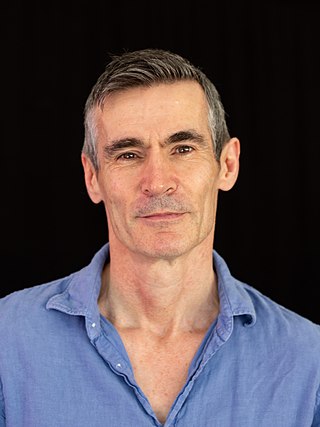
Andrew Brooke Miller FRSL is an English novelist.
Hysterical realism is a term coined in 2000 by English critic James Wood to describe what he sees as a literary genre typified by a strong contrast between elaborately absurd prose, plotting, or characterization, on the one hand, and careful, detailed investigations of real, specific social phenomena on the other. It is also known as recherché postmodernism.

A Perfect Spy (1986) is a novel by British author John le Carré about the mental and moral dissolution of a high-level intelligence-officer. Major aspects of the novel are lifted from the real life of the author, including the relationship between the protagonist, Magnus Pym, and his father Rick Pym.
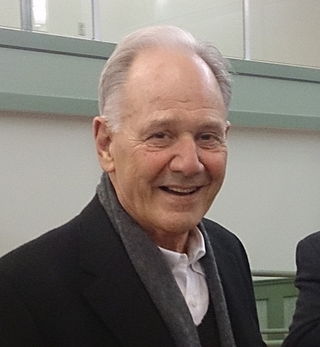
Alexander McPhee Miller is an Australian novelist. Miller is twice winner of the Miles Franklin Award, in 1993 for The Ancestor Game and in 2003 for Journey to the Stone Country. He won the overall award for the Commonwealth Writer's Prize for The Ancestor Game in 1993. He is twice winner of the New South Wales Premier's Literary Awards Christina Stead Prize for Conditions of Faith in 2001 and for Lovesong in 2011. In recognition of his impressive body of work and in particular for his novel Autumn Laing he was awarded the Melbourne Prize for Literature in 2012.

The Natural is a 1984 American sports film based on Bernard Malamud's 1952 novel of the same name, directed by Barry Levinson, and starring Robert Redford, Robert Duvall, Glenn Close, Kim Basinger, Wilford Brimley, Barbara Hershey, Robert Prosky and Richard Farnsworth. Like the novel, the film recounts the experiences of Roy Hobbs, an individual with great "natural" baseball talent, spanning the decades of Roy's career. In direct contrast to the novel, the film ends on a positive tone. It was the first film produced by TriStar Pictures.
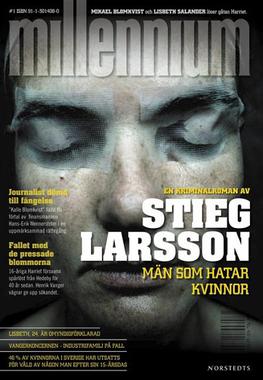
The Girl with the Dragon Tattoo is a psychological thriller novel by Swedish author and journalist Stieg Larsson (1954–2004). It was published posthumously in 2005, translated into English in 2008, and became an international bestseller.

Apex Hides the Hurt is a 2006 novel by American author Colson Whitehead.

The Sense of an Ending is a 2011 novel written by British author Julian Barnes. The book is Barnes's eleventh novel written under his own name and was released on 4 August 2011 in the United Kingdom. The Sense of an Ending is narrated by a retired man named Tony Webster, who recalls how he and his clique met Adrian Finn at school and vowed to remain friends for life. When the past catches up with Tony, he reflects on the paths he and his friends have taken. In October 2011, The Sense of an Ending was awarded the Booker Prize. The following month it was nominated in the novels category at the Costa Book Awards.
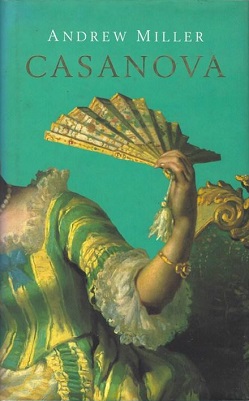
Casanova is the second novel by English author, Andrew Miller, released on 3 September 1998 through Sceptre. The novel was relatively well received by reviewers and was shortlisted for an Encore Award in 1999.

Oxygen is the third novel by English author, Andrew Miller, released on 6 September 2001 through Sceptre. Although the novel received mixed reviews, it was shortlisted for both a Man Booker Prize and a Whitbread Award in 2001.
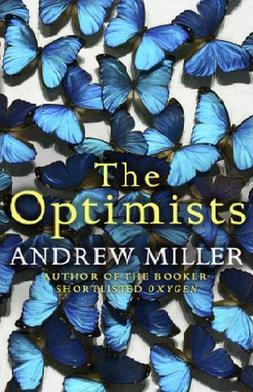
The Optimists is the fourth novel by English author, Andrew Miller, released on 21 March 2005 through Sceptre.

Pure is a 2011 novel by English author Andrew Miller. The book is the sixth novel by Miller and was released on 9 June 2011 in the United Kingdom through Sceptre, an imprint of Hodder & Stoughton. The novel is set in pre-revolutionary France and the upcoming turmoil is a consistent theme throughout. It follows an engineer named Jean-Baptiste Baratte and chronicles his efforts in clearing an overfilled graveyard that is polluting the surrounding area. Baratte makes friends and enemies as the cemetery is both loved and hated by the people of the district.
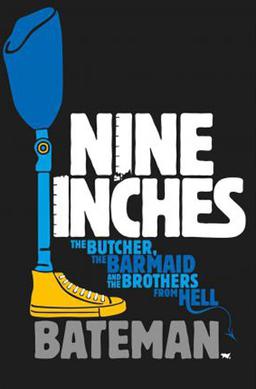
Nine Inches is the eighth novel of the Dan Starkey series by Northern Irish author, Colin Bateman, released on 13 October 2011 through Headline Publishing Group. Fellow crime author, Ian Rankin, recognised the book in The Scotsman as one of his "books of the year" 2011. It was also listed by author Nick Quantrill as one of his "Top 5 Books of 2011".
James Miller is a British novelist and academic.

Us Conductors is a debut novel by Canadian writer Sean Michaels. Published in 2014 by Random House in Canada and Tin House in the United States, the novel is a fictionalized account of the relationship between Léon Theremin, the inventor of the theremin, and Clara Rockmore, the musician regarded as the instrument's first virtuoso player.


















